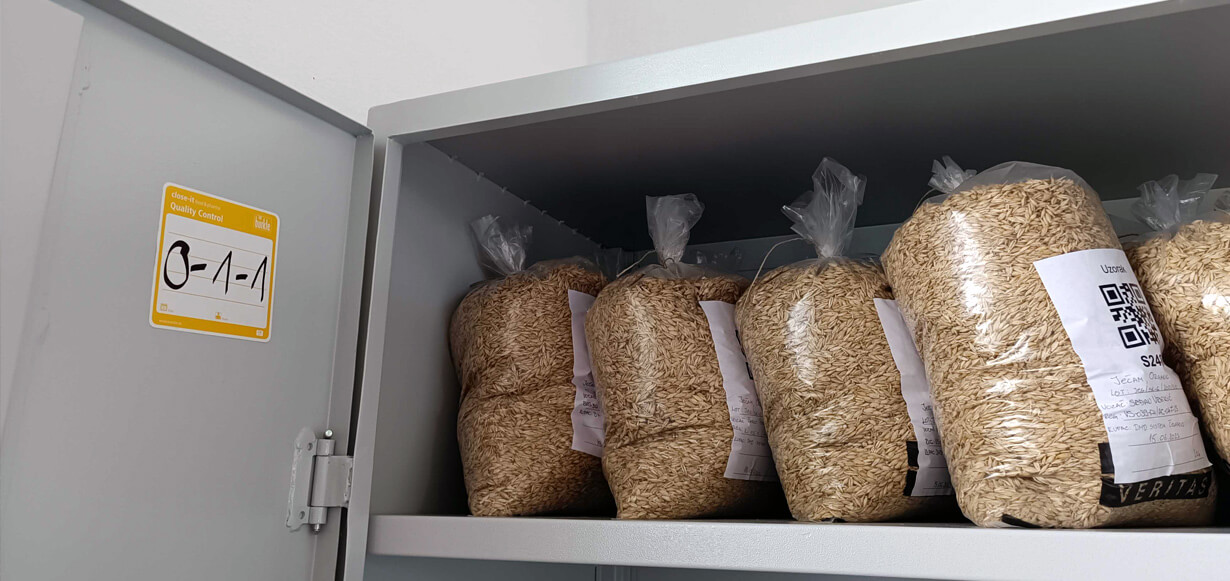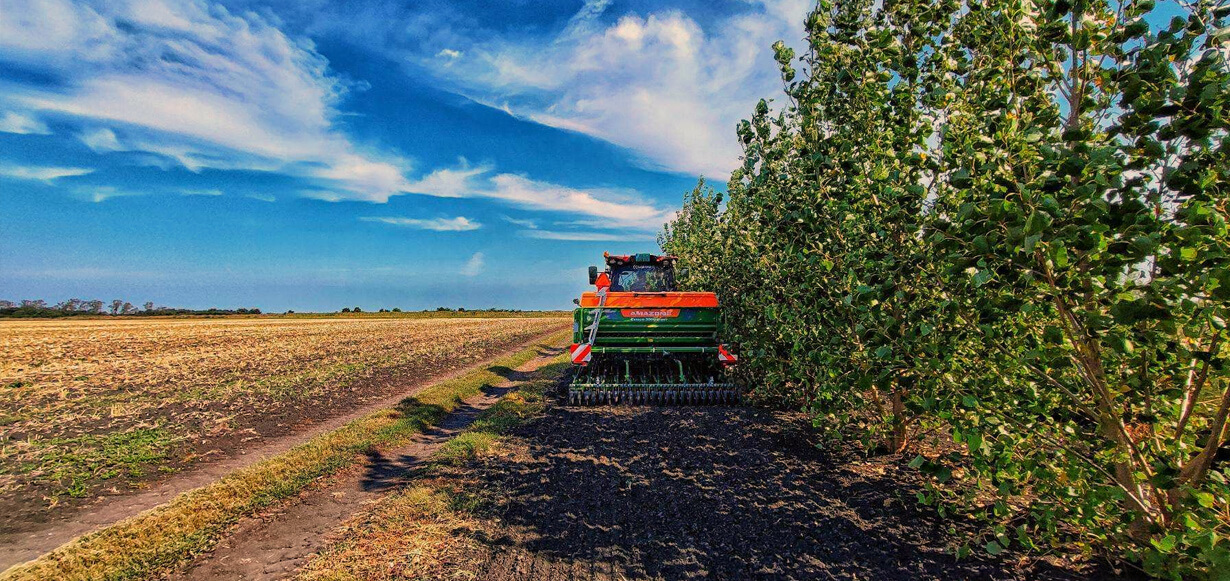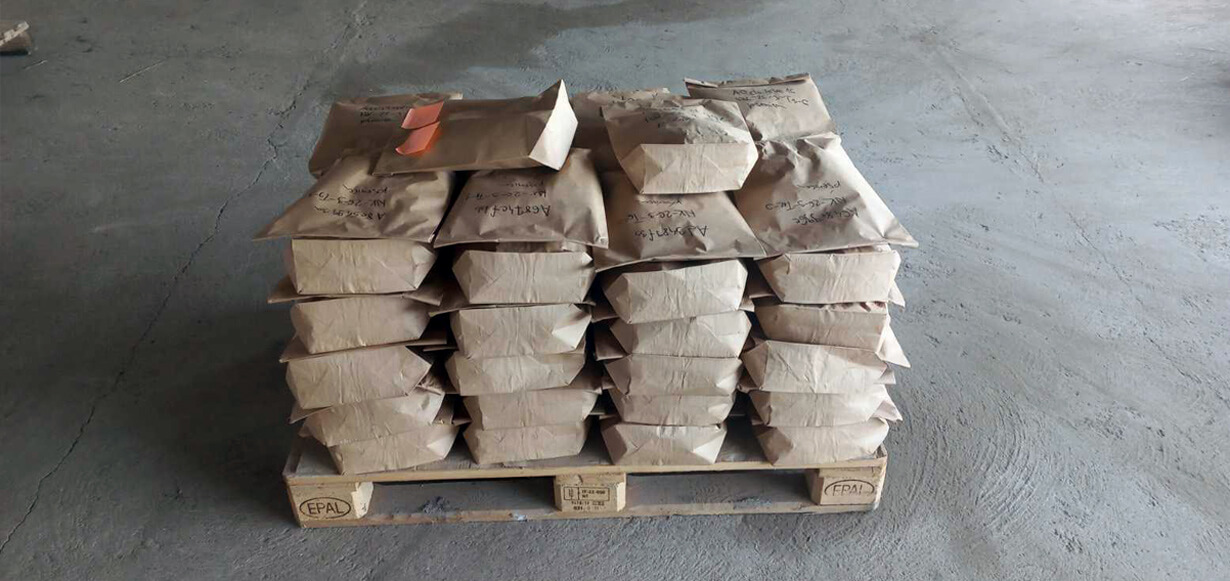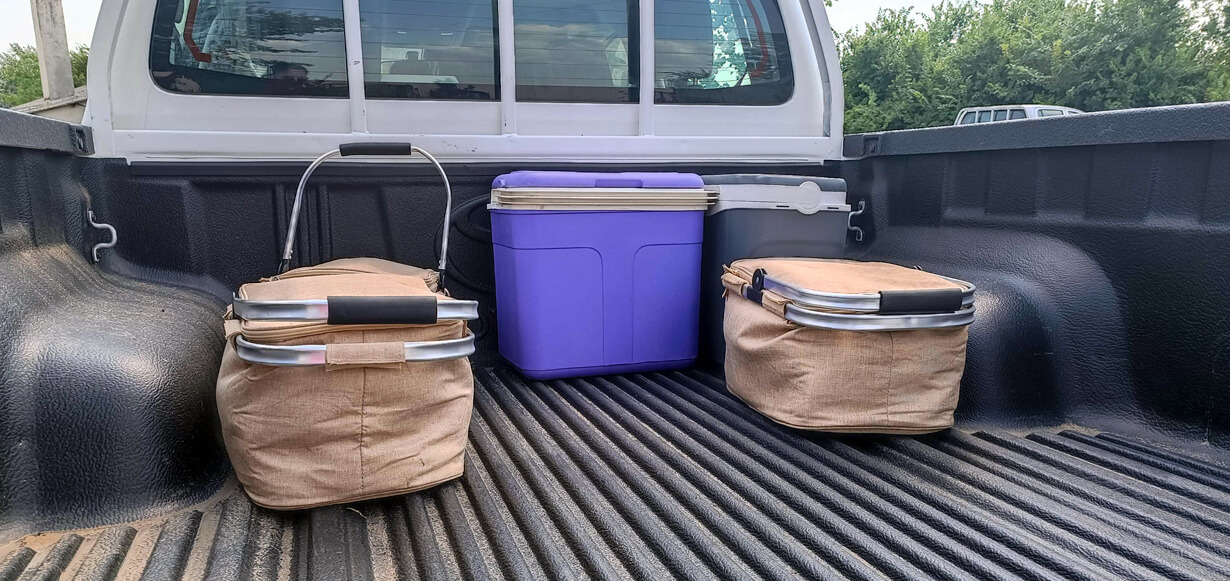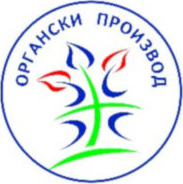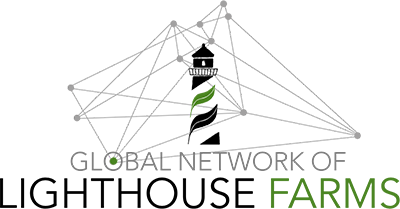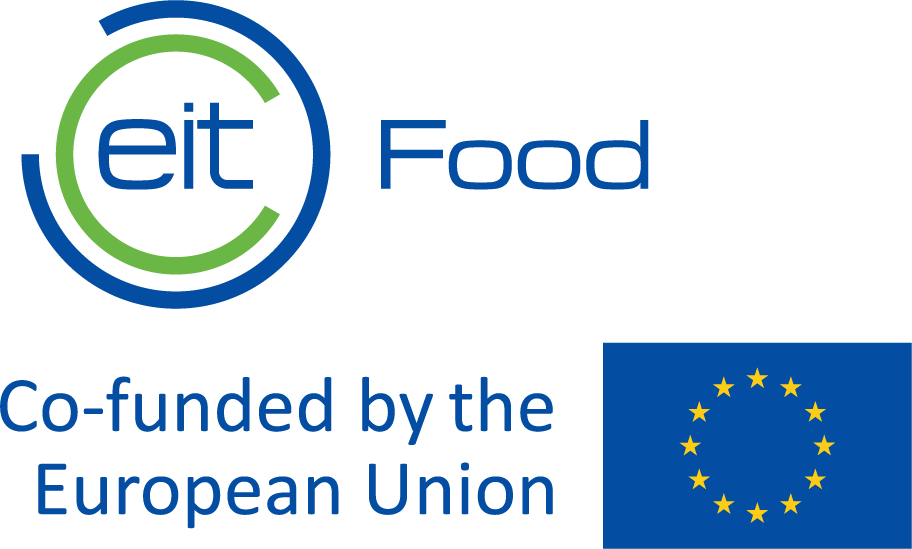
SOLUTIONS TO SUPPORT INFORMED CERTIFICATION DECISIONS
We’re all about the highest standards. Whether it’s safety protocols, attaining organic certifications, or supporting our agronomists in quality data collection. Quality control helps us meet the existing legal requirements, and set new benchmarks for sustainable farming.
Automating Certification
Going organic takes time. In fact, it took us two years to get our farm and our products organically certified.
So far, we have acquired these certifications:
Based on our experience, we created a Standards Comparison table that makes it easy for farmers to understand what is needed to acquire these certifications. We will share it very soon, so stay tuned.
In time, we will integrate existing and new standards into our Farming Software; including production, storage, market requirements, and research initiatives.
By connecting evaluations and reports to these standards, we empower farmers to be inspection-ready at any moment, eliminating the need for cumbersome paperwork.
A SOLUTION FOR QUALITY RISK MANAGEMENT
Our Sample & Analysis tool is at the core of our quality risk management for production, storage, processing, and research activities. It contains comprehensive information on soil sampling methods, plant material, grain sampling, and the subsequent analyses, all essential for making informed decisions, maintaining product quality, and supporting research efforts.
The tool serves as a cornerstone of our Traceability model, which already allows us to trace our products from seed to storage, and from ingredients to consumers.
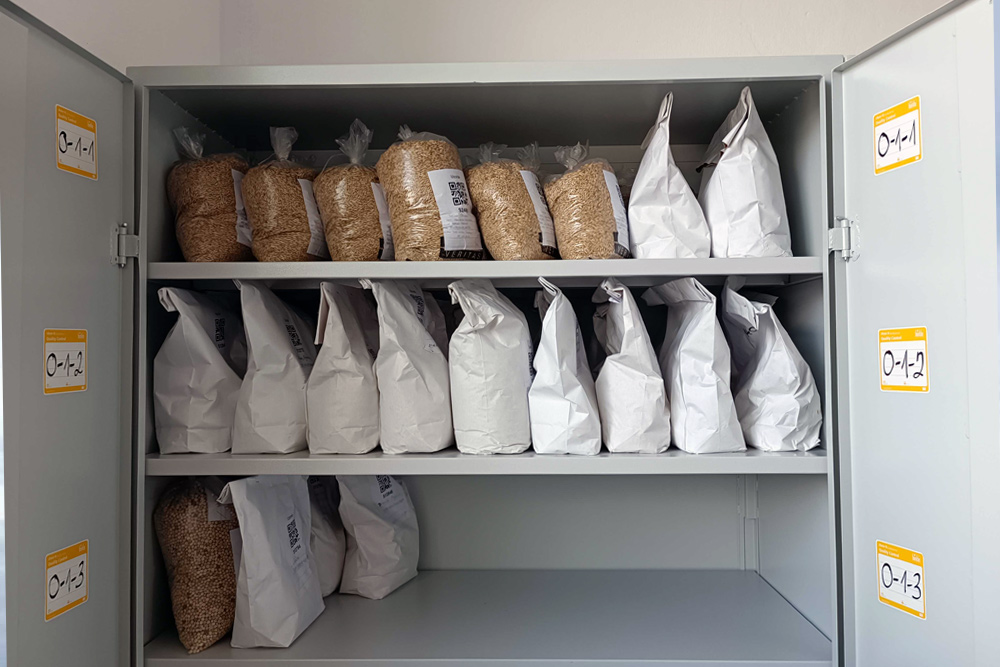
With our Risk Rating Plots strategy, we assess key factors like plot size, neighboring farms, crop type, actual size ratio, and estimated risk as a percentage, categorizing plots into five risk levels, from “No risk” to “ Very high risk.”
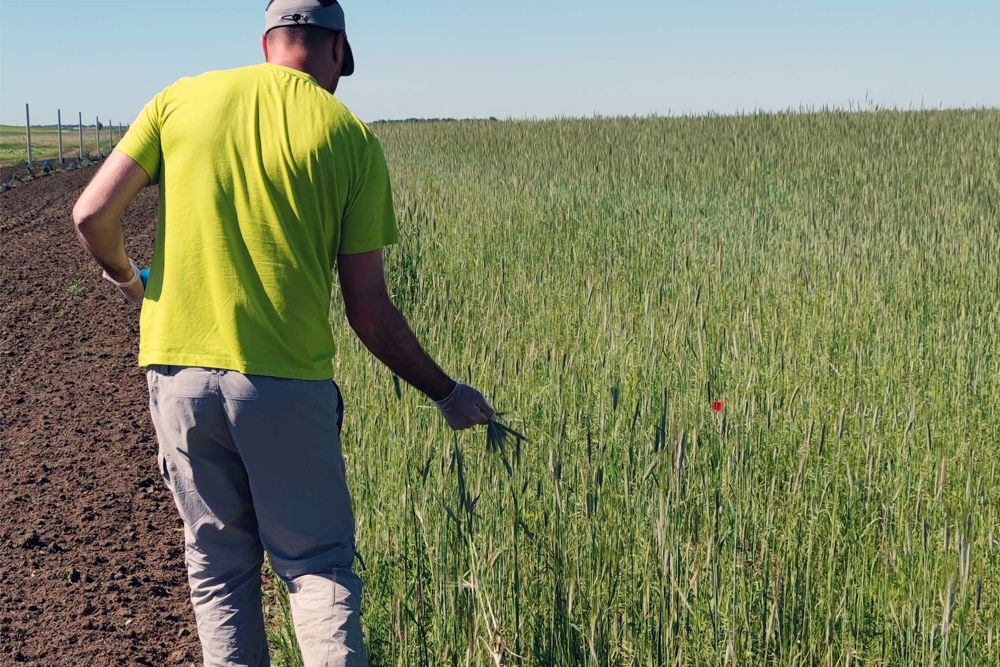
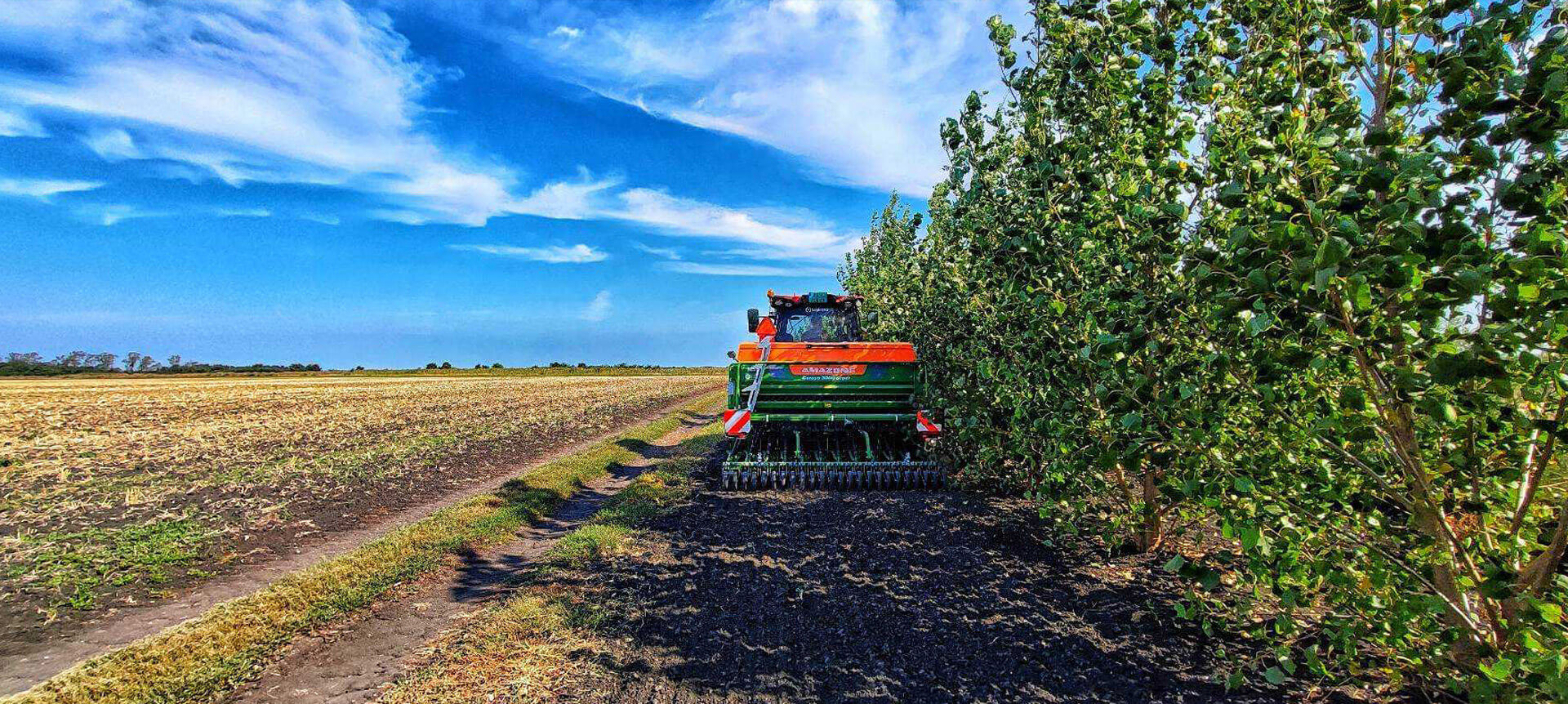
Better subsidies for sustainable production
We recognize that higher quality standards can be incentivised with legislation and subsidies.
So far, we’ve participated in subsidy schemes for organic producers, and for the reimbursement of certification and analysis costs, facilitated through the Agricultural Supportive Measures of the Republic of Serbia.
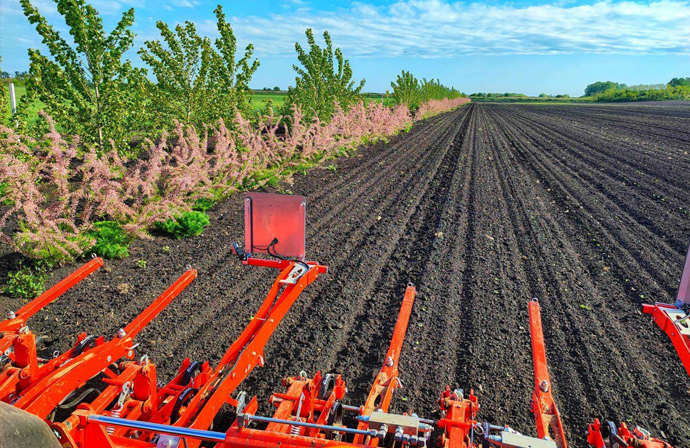
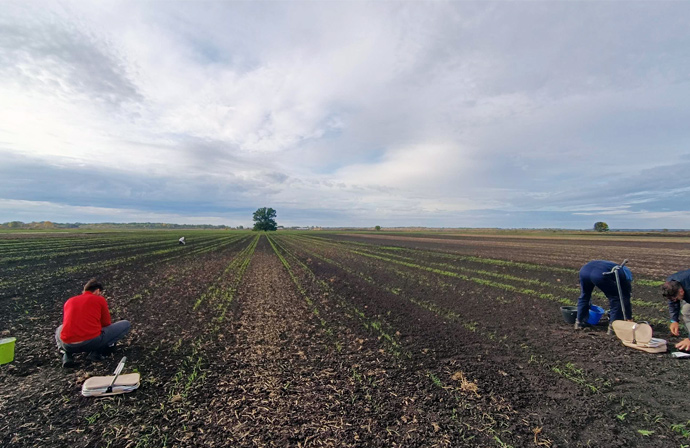
We are currently examining how subsidy schemes reflect sustainability requirements written in the law. We will contribute our data and knowledge to support key legislative projects at national, European and international levels, to assist policymakers in making well-informed, data-driven decisions.
To support the transition towards livestock-free sustainable production, our knowledge and solutions will be shared with the world for free.
Subscribe to our newsletter for our latest news.
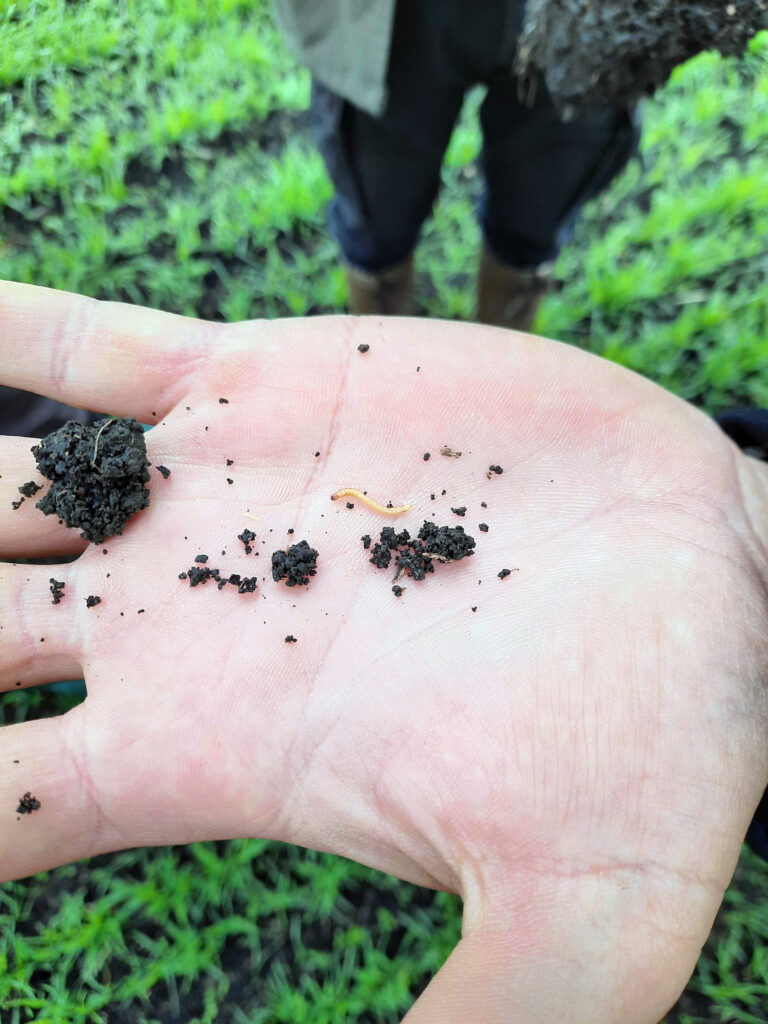
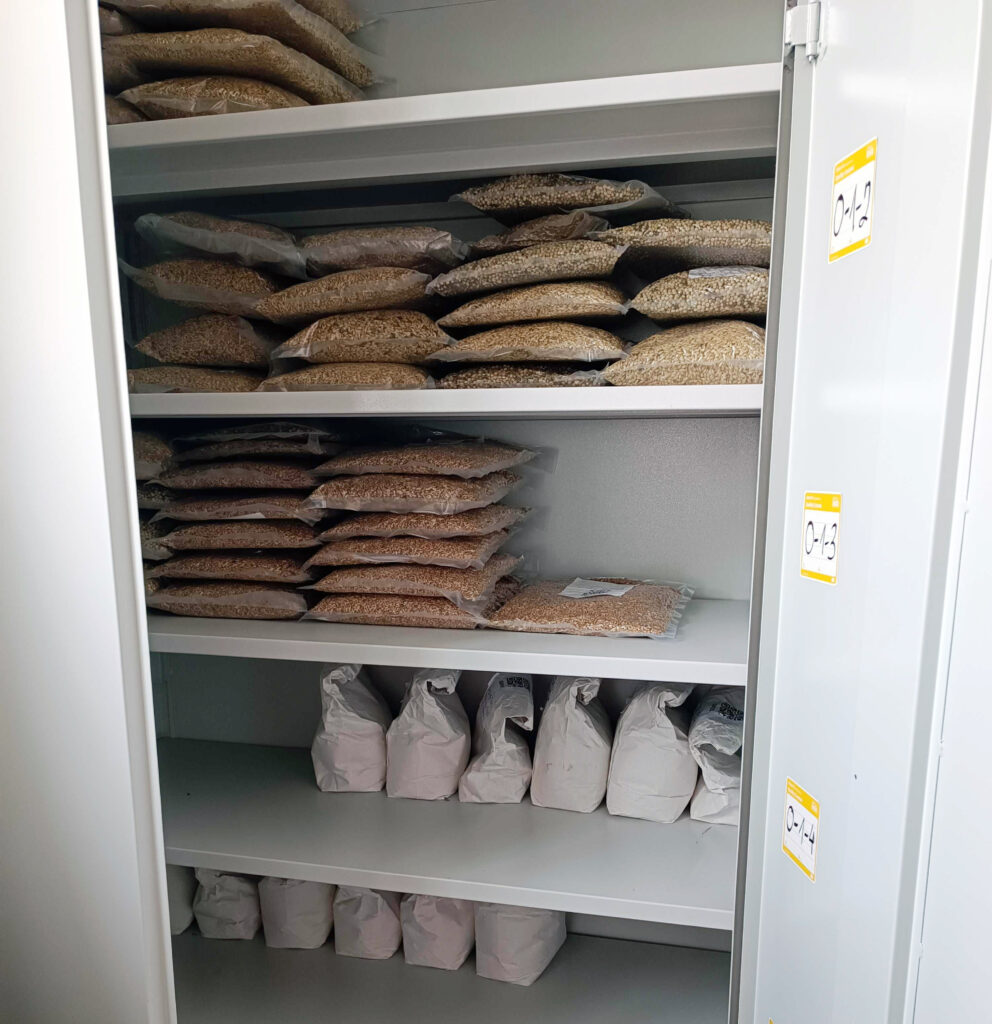
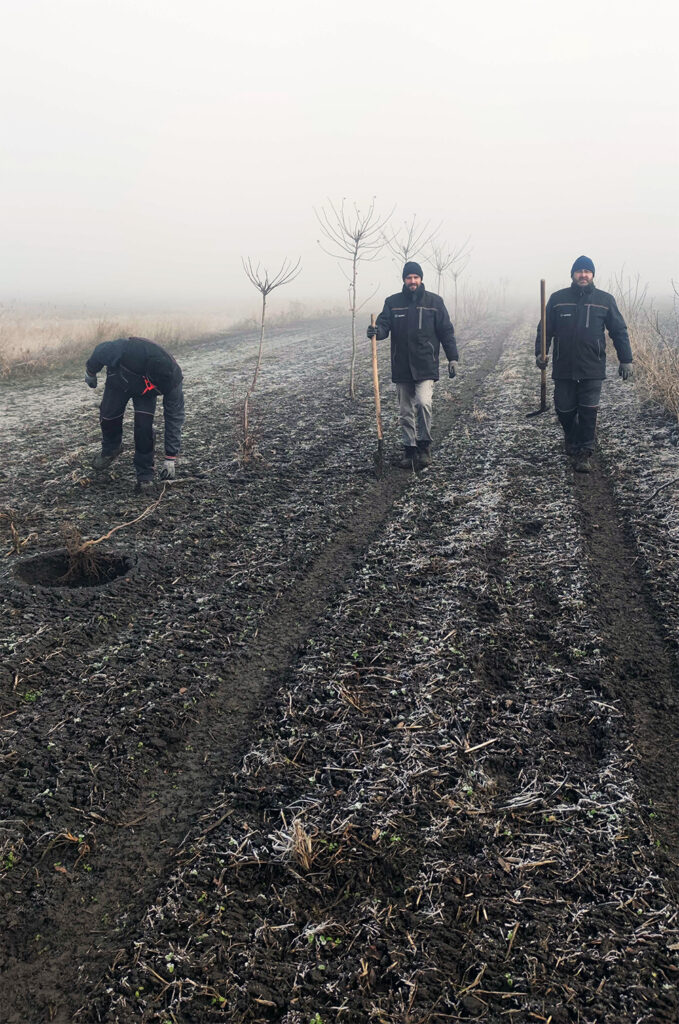
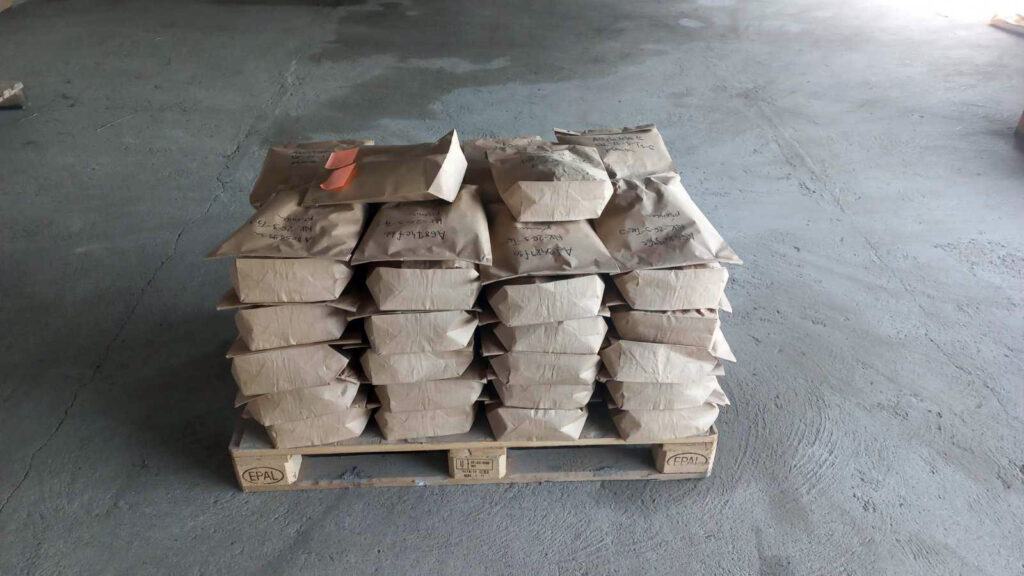
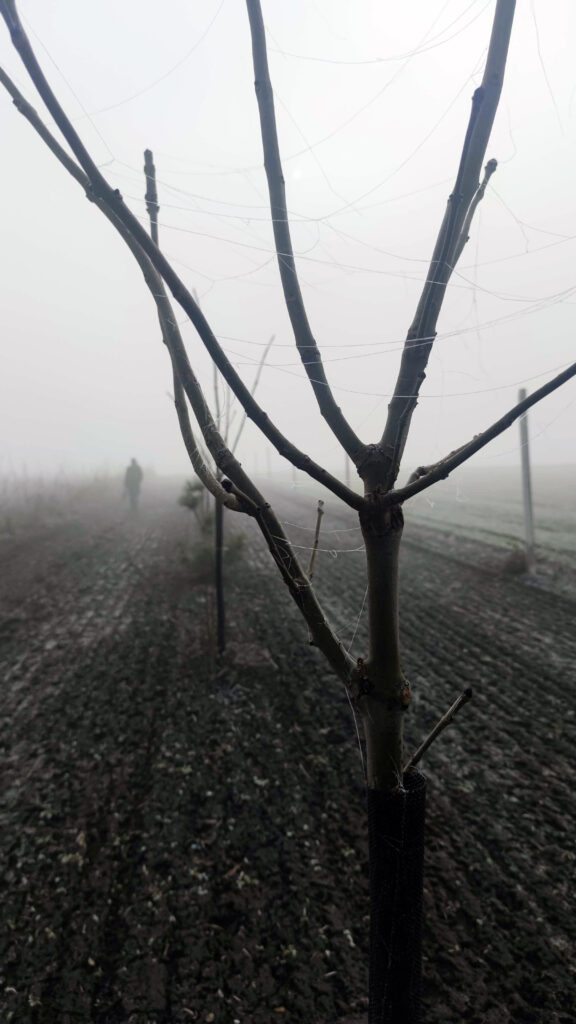
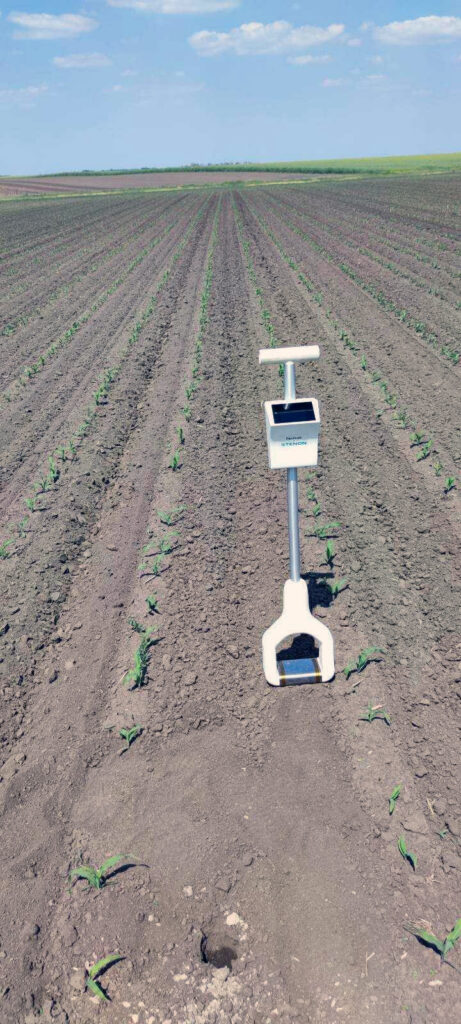
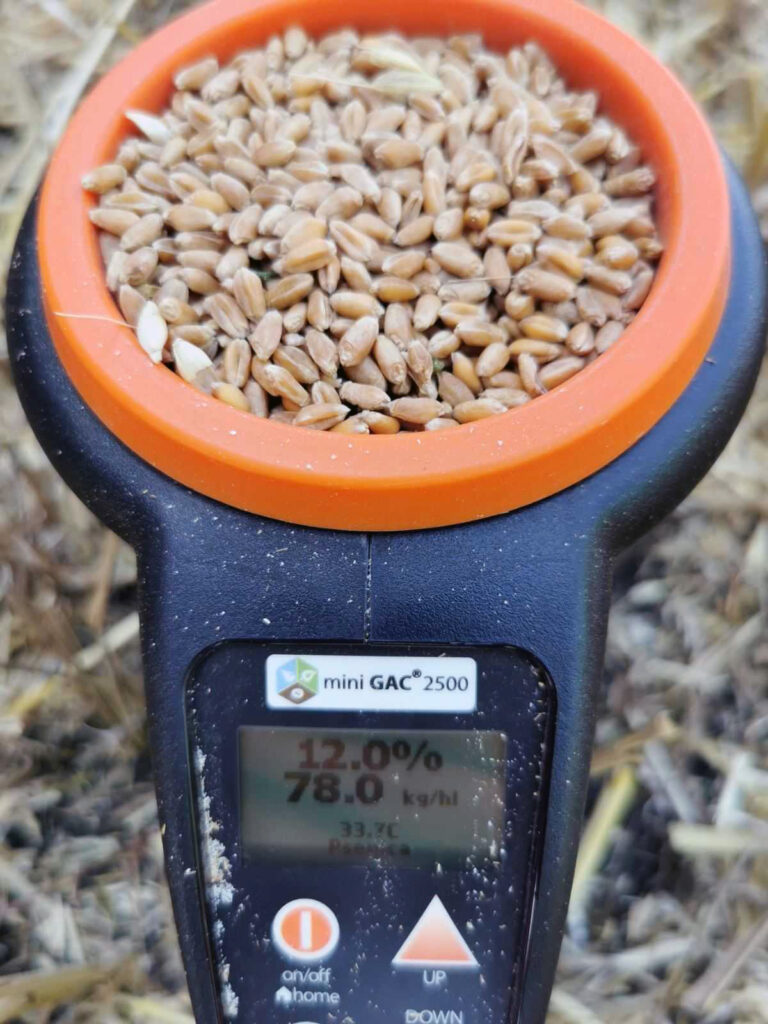
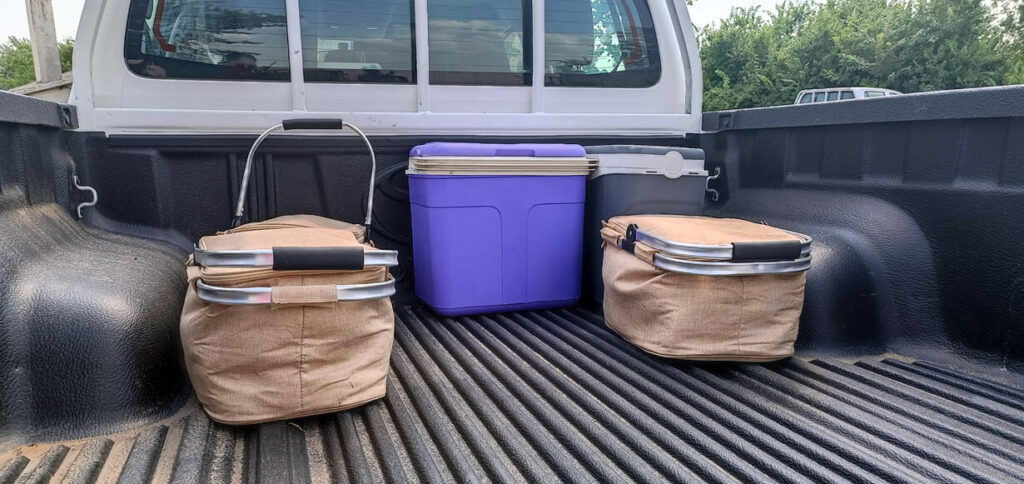
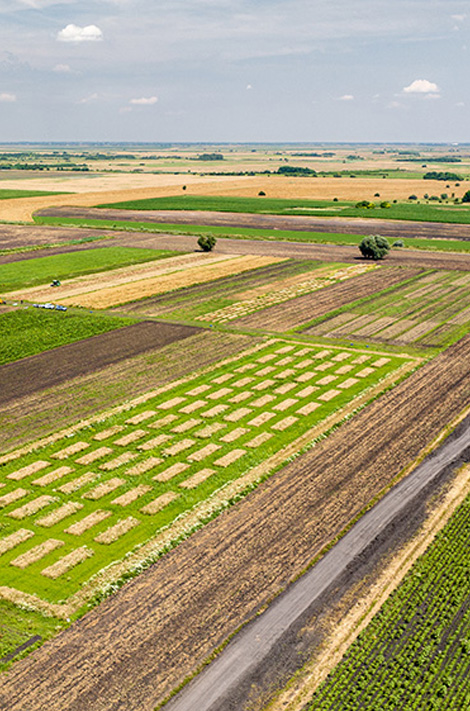
Subscribe to our newsletter for latest field trials and sustainable farming practices.
By submitting your email, you consent to subscribe to our e-newsletter to receive the latest LoginEKO updates. You can withdraw your consent at any time, more info here.
